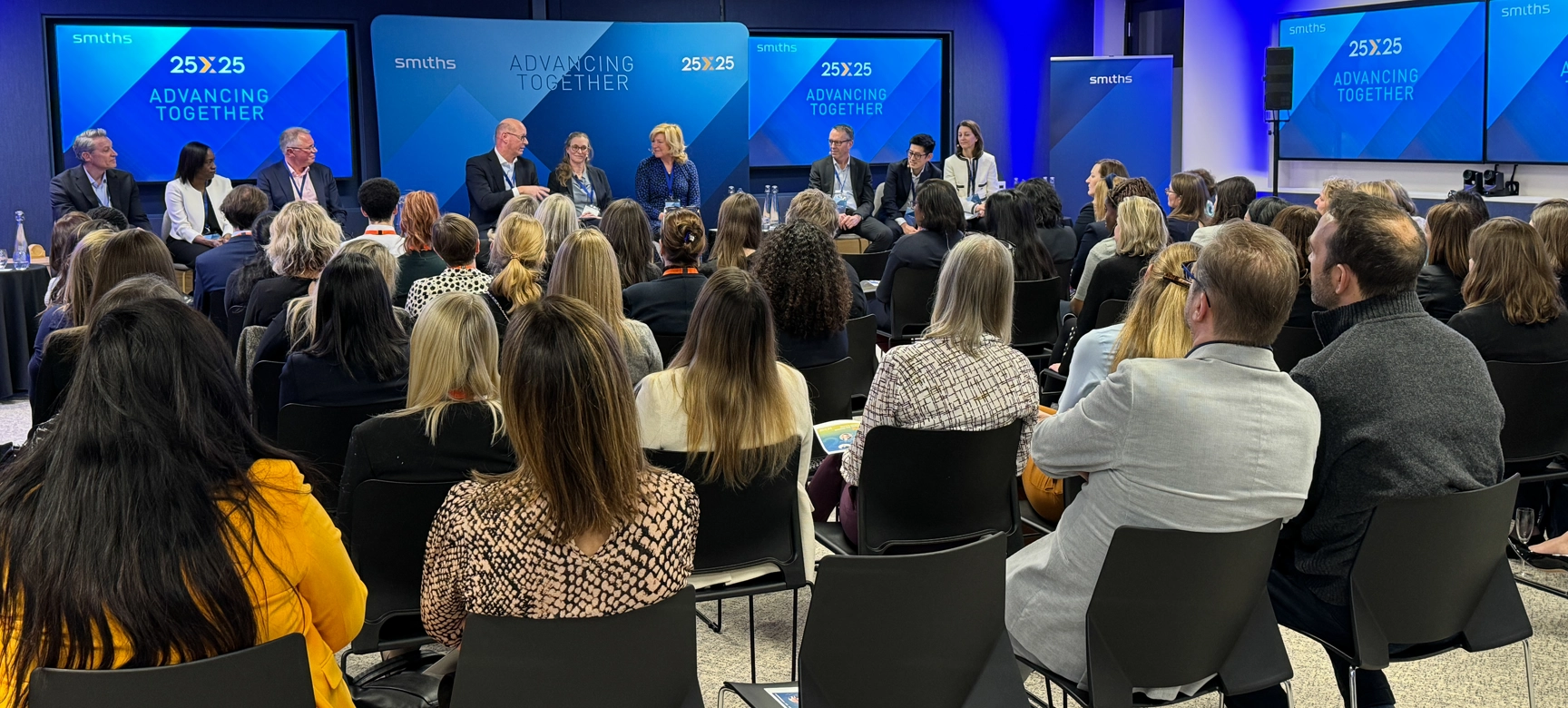
14 February 2024
Our Chief People Officer, Vera Parker, provides insights from a recent event at Smiths Group, where we had a wide-ranging discussion with other like-minded businesses on how to improve gender balance at leadership levels in the FTSE 100.
Smiths recently hosted an inclusive event in partnership with the 25x25 initiative and some of the UK’s biggest engineering, industrial, aerospace and defence companies: BAE Systems; IMI; Melrose; Rotork; Spectris; and Spirax-Sarco Engineering.
The aim was to champion diversity, learn from each other and deepen the discussion on the barriers to improve gender balance at leadership levels. More than 60 women from these companies participated in a discussion with each other and a panel consisting of CEOs and executives from their businesses.
Here are a few key takeaways from the panel discussion and subsequent questions from the audience:
- To create pathways for women to advance to senior leadership/CEO roles, we need to take support to the next level - through mentoring; sponsorship; non-linear moves (for example moving from a function to P&L ownership); long-term planning; and open conversations. We should not shy away from career slowdowns or ramp-ups as women balance their work and family lives: everyone will benefit.
- It is crucial for women to know that they achieve their sought-after roles based on their capabilities rather than the need to fulfil a quota or meet a metric.
- We should recognise that the question of “why should we encourage diversity?” is no longer relevant, all companies recognise its value. Current discussions are centred around the “how” to get there, although it is frustrating that progress is still so slow. By aligning targets with ambition, we can ensure that our diversity and inclusion initiatives are not about meeting quotas but are driven by a genuine commitment to equality and performance.
- While we continue to build inclusive cultures, we should be very deliberate in our support and generous sponsorship of specific people - this is what makes the biggest difference today. Historically promotion has been based on technical skills – usually because these are easy to measure. We need to shift the balance towards the stuff that matters - towards potential. People very seldom fail because of the lack of technical skills, it’s more about “fit” - values, personality traits and leadership style that make the difference.
- Let’s stop fixing women to make them fit into existing workplace environments and styles, we need to address biases and obsolete norms that hinder their progress. By recognising and rectifying systemic inequalities and biases, we can create a more inclusive environment where women will feel comfortable to step forward and thrive in roles with higher accountability.
I was delighted to see participants from different companies interacting so well. I would like to extend my gratitude to everyone who attended for bringing warmth, openness, and quality of thinking into the discussions.
The event at Smiths was a great start: as we move forward together let’s continue to listen actively and remove the barriers to inclusive workplaces and diversity at all levels.
Vera Parker is Chief People Officer of Smiths Group plc

As we move forward together let’s continue to listen actively and remove the barriers to inclusive workplaces and diversity at all levels.
Watch a specially compiled video wrap of the event:
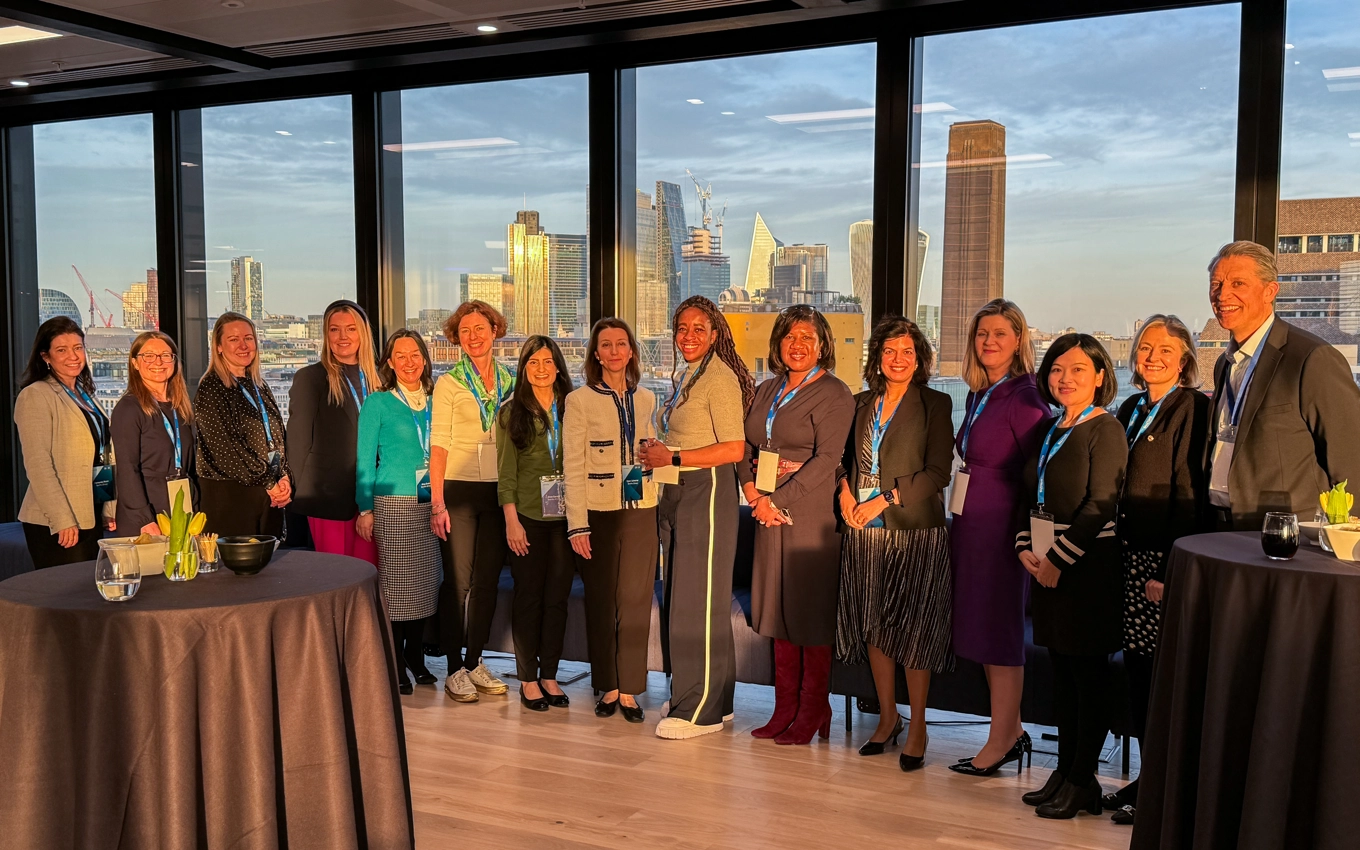
A group photo of our team after the event.
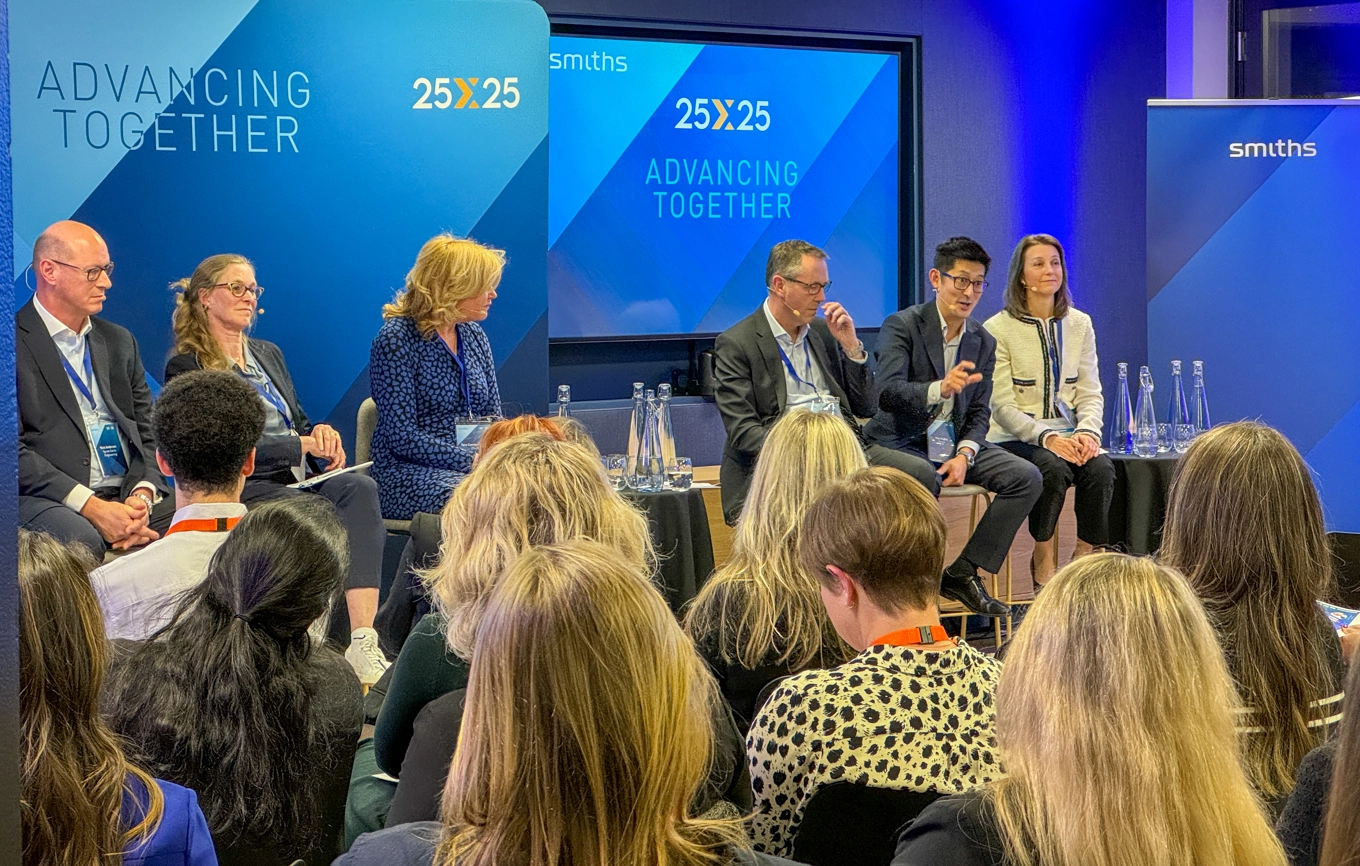
Panelists speaking at the event
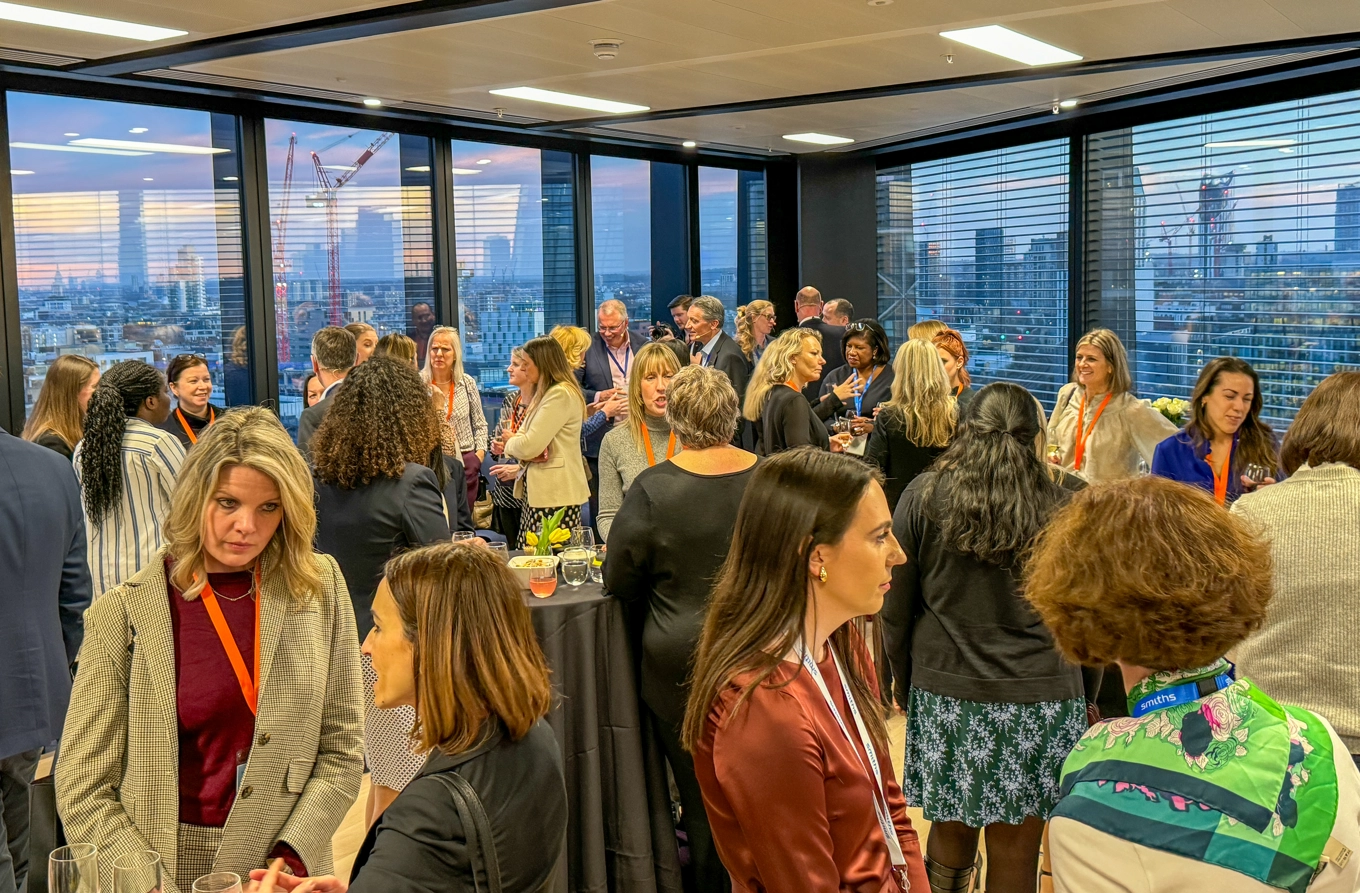
Post event networking!
Related blogs
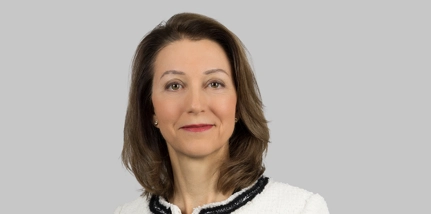
Innovation and talent development are top priorities for Smiths. When the two combine, great things happen.
Find out more

Pioneering a circular economy in the threat detection sector
Our latest Leaders Blog is on the topic of pioneering a circular economy in the threat detection sector, featuring Roland Carter, Smiths Group CEO.
Find out more
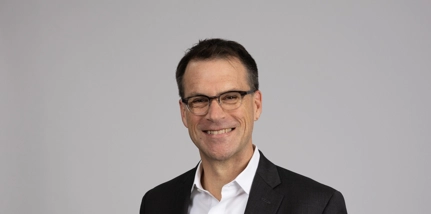
Lessons learned from undertaking an ESG-specific Double Material Assessment
John Ostergren, Chief Sustainability Officer at Smiths Group, describes the rationale for carrying out a Double Materiality Assessment, which enables us to test our ESG approach, engage with stakeholders, and identify the highest-impact sources of ESG value.
Find out more


